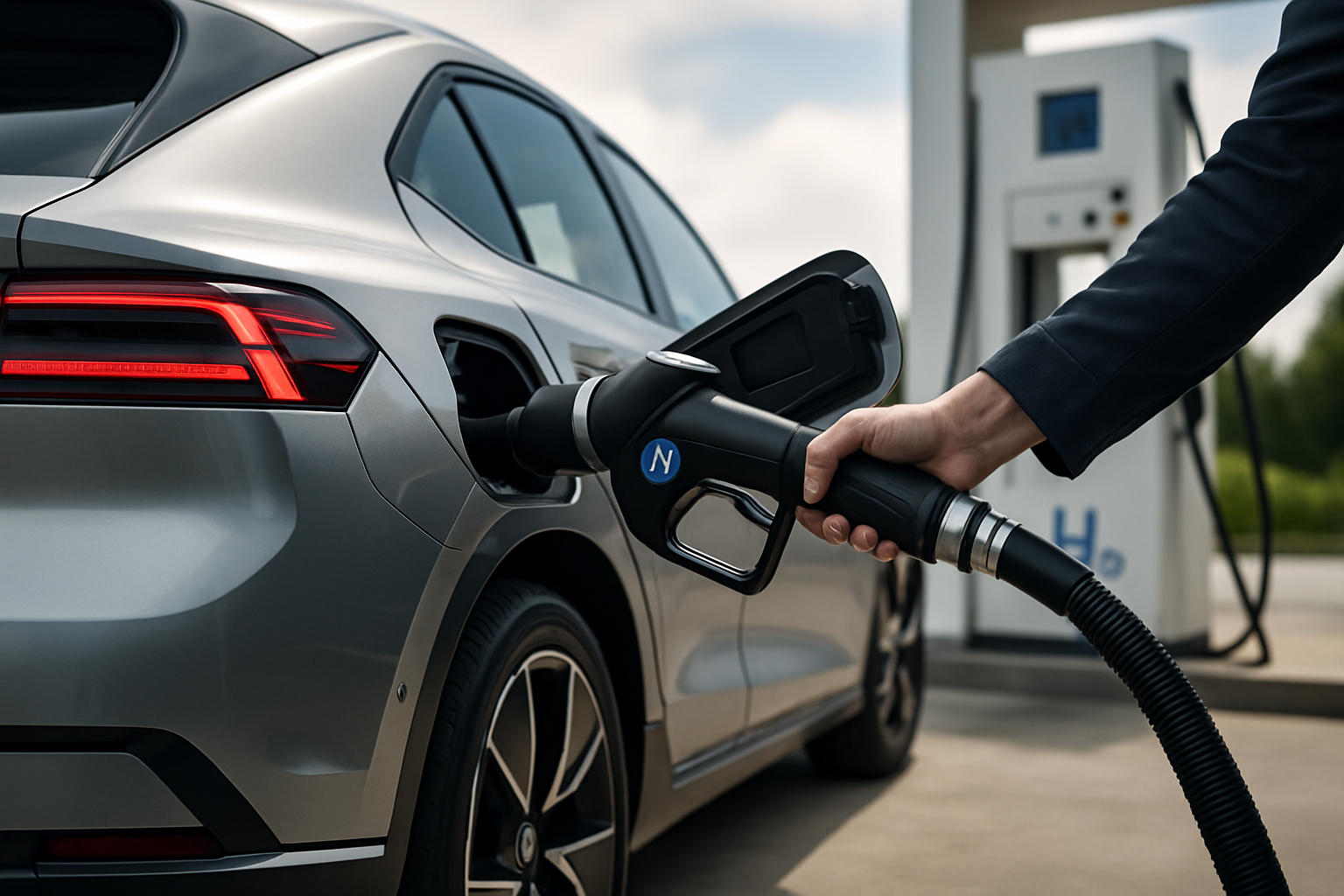Budget Electric Cars: Best Affordable EVs for 2025
Electric cars are not just for luxury buyers anymore. 2025 brings more budget-friendly EV options with solid range and features. See which models offer the best value, how incentives work, and what to consider if you’re thinking about going electric.

What Makes Electric Cars More Affordable Today?
The electric vehicle market has matured significantly, with several factors contributing to more affordable pricing. Manufacturing costs have decreased as battery technology improves and production scales up. Major automakers have invested heavily in electric vehicle platforms, allowing them to spread development costs across multiple models. Additionally, increased competition has forced manufacturers to offer more competitive pricing to capture market share.
Government incentives continue to play a crucial role in making electric cars more accessible. Federal tax credits can reduce the purchase price by up to $7,500 for qualifying new vehicles, while many states offer additional rebates and incentives. Some utility companies also provide rebates for electric vehicle purchases, further reducing the overall cost of ownership.
Top Budget Friendly Electric Cars Worth Considering
Several manufacturers have introduced affordable electric cars that balance cost with performance and features. The Chevrolet Bolt EV and Bolt EUV offer solid range at competitive prices, making them popular choices for budget-conscious buyers. Nissan’s Leaf remains a reliable option with proven technology and competitive pricing.
Newer entrants like the Hyundai Kona Electric and Kia Niro EV provide modern styling and advanced features at reasonable price points. These vehicles typically offer between 200-300 miles of range, which meets most daily driving needs. Standard features often include smartphone integration, advanced safety systems, and comfortable interiors that rival their gasoline counterparts.
Understanding Electric Car Incentives and Tax Benefits
Federal tax credits remain one of the most significant financial benefits for electric car buyers. The amount varies based on the vehicle’s battery capacity and the manufacturer’s sales volume. Some manufacturers have reached the federal cap, which phases out their eligibility, while others still qualify for the full credit amount.
State and local incentives vary widely by location. California offers rebates through the Clean Vehicle Rebate Project, while states like Colorado and New York provide additional tax credits. Some regions offer non-monetary benefits like HOV lane access, free parking, or reduced registration fees. Research your local area’s specific incentives, as these can significantly impact the total cost of ownership.
Key Factors When Choosing Affordable Electric Cars
Range remains a primary consideration for most buyers, though modern affordable electric cars typically provide sufficient range for daily commuting and errands. Consider your typical driving patterns and charging infrastructure in your area. Most budget-friendly electric vehicles offer DC fast charging capability, allowing for quicker charging during longer trips.
Charging options and costs vary significantly by location and provider. Home charging typically offers the most convenient and cost-effective solution, requiring a dedicated 240-volt outlet or charging station installation. Public charging networks continue expanding, with various pricing structures and membership options available.
Maintenance costs for electric cars are generally lower than gasoline vehicles, as they have fewer moving parts and don’t require oil changes. However, factor in potential battery replacement costs and specialized service requirements when calculating long-term ownership expenses.
| Vehicle Model | Manufacturer | Starting Price Range | Estimated Range | Key Features |
|---|---|---|---|---|
| Bolt EV | Chevrolet | $31,000-$33,000 | 259 miles | 10.2” touchscreen, DC fast charging |
| Leaf | Nissan | $28,000-$30,000 | 149-212 miles | ProPILOT Assist, e-Pedal technology |
| Kona Electric | Hyundai | $33,000-$35,000 | 258 miles | 10.25” display, wireless charging pad |
| Niro EV | Kia | $32,000-$34,000 | 239 miles | UVO infotainment, heat pump system |
Prices, rates, or cost estimates mentioned in this article are based on the latest available information but may change over time. Independent research is advised before making financial decisions.
Making the Switch to Electric: Practical Considerations
Transitioning to an electric car requires some planning and adjustment. Evaluate your home’s electrical capacity and consider installing a Level 2 charging station for optimal convenience. Many utility companies offer special rates for electric vehicle charging, potentially reducing your electricity costs during off-peak hours.
Consider your driving habits and typical trip distances. Most affordable electric cars handle daily commuting and local errands easily, while longer trips may require route planning around charging stations. However, charging infrastructure continues expanding rapidly, making electric vehicle travel increasingly convenient.
Budget for potential home electrical upgrades, charging equipment, and installation costs when calculating your total investment. Many areas offer rebates for home charging station installations, which can offset some of these initial expenses.
The affordable electric car market continues evolving rapidly, with new models and improved technology arriving regularly. Today’s budget-friendly electric vehicles offer compelling alternatives to traditional gasoline cars, combining environmental benefits with practical daily transportation. Federal and state incentives make these vehicles even more attractive financially, while lower operating costs provide long-term savings. With proper planning and consideration of your specific needs, an affordable electric car can provide reliable, efficient, and environmentally conscious transportation for years to come.




